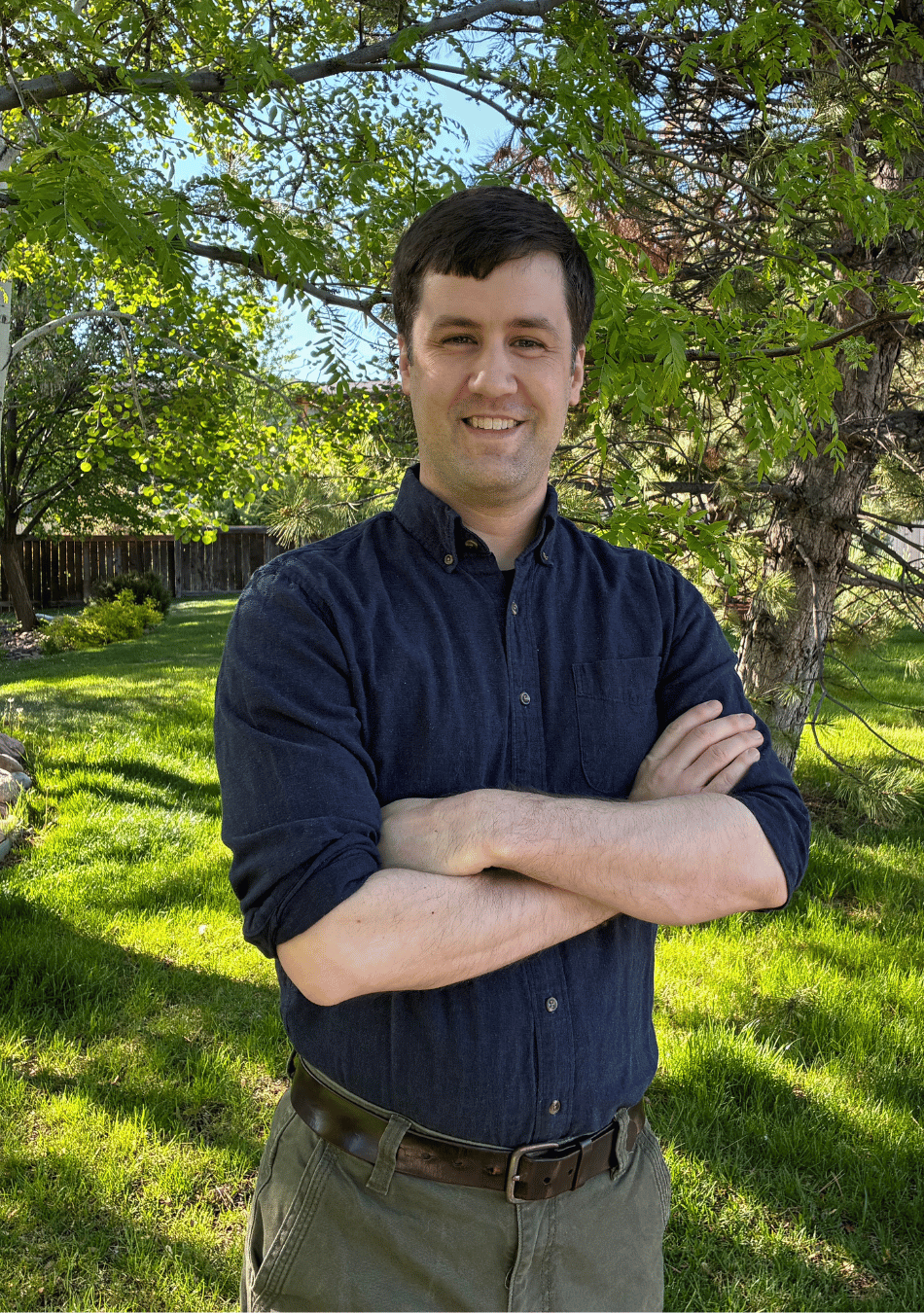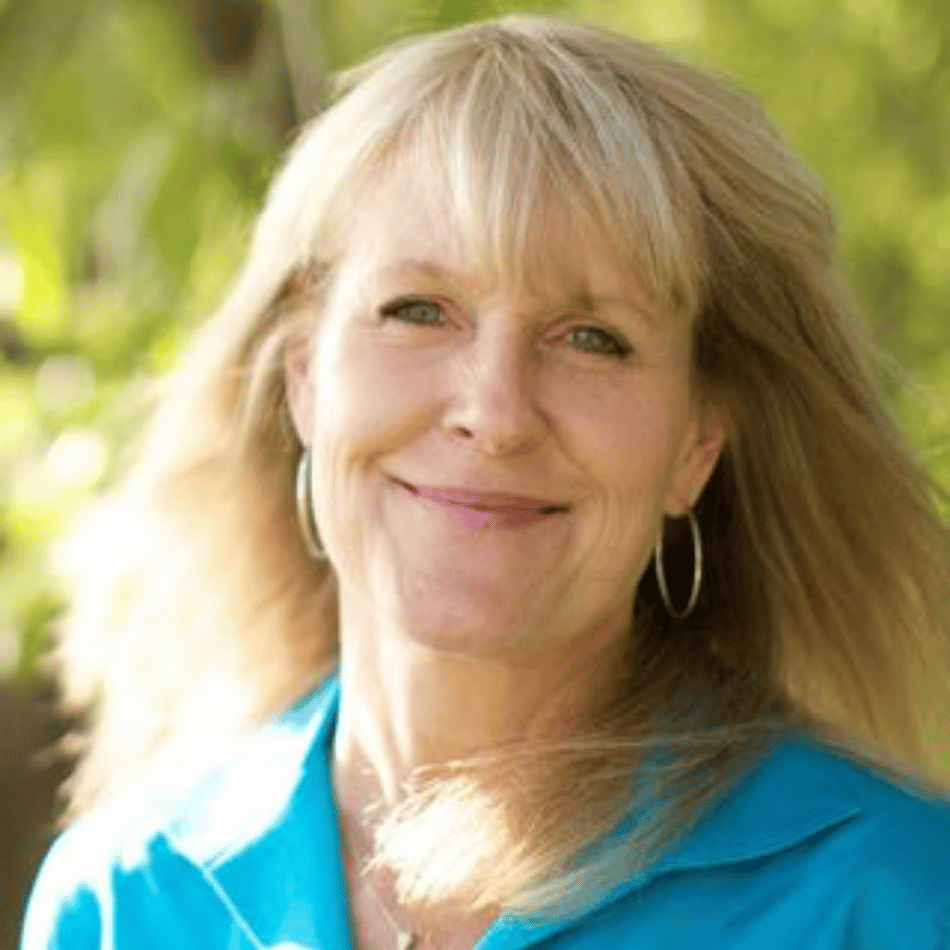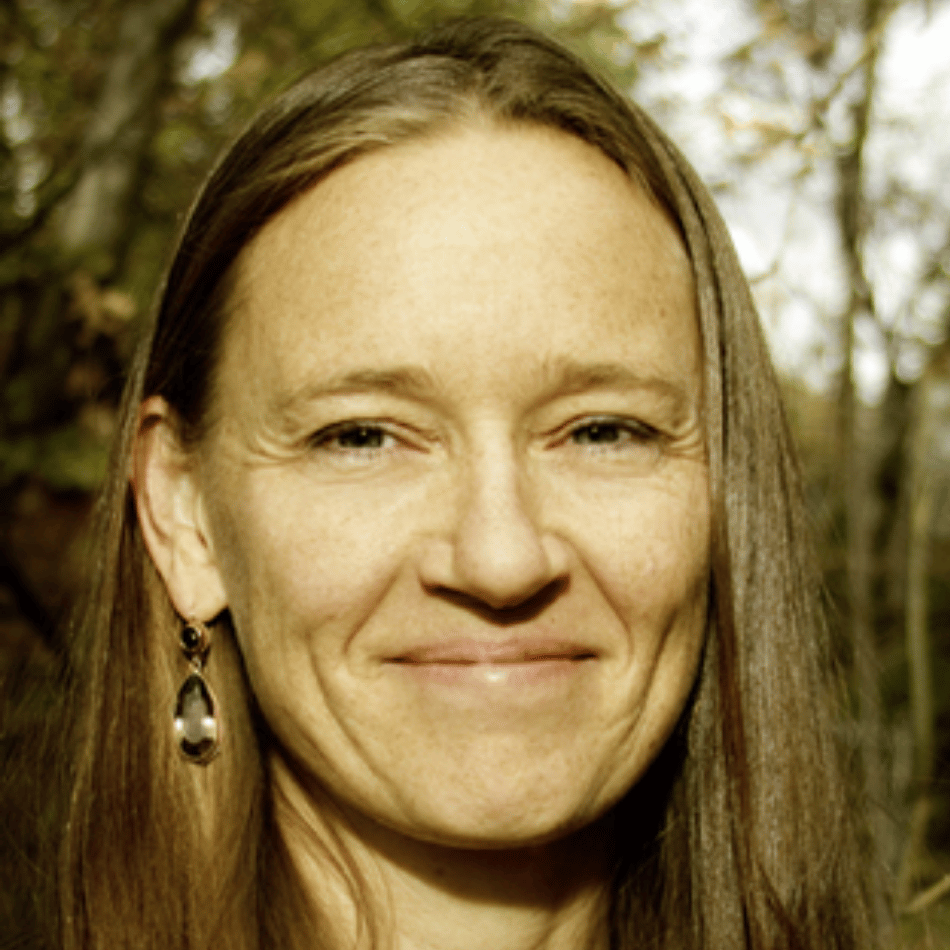Boulder PTSD & CPTSD Therapists Ready for Hire
If you’re living with the weight of difficult past experiences or feel stuck in deeply ingrained patterns of perfectionism, people-pleasing, and other coping mechanisms that are doing more harm than good, I want you to know that these don’t have to define your story.
Hi, I’m Robert Bell. As someone who’s both a licensed therapist and has walked my own healing journey, I understand how exhausting it can be to try showing up fully in your life when it feels like the past is still casting a shadow over your life today.
I specialize in helping adults break free from the anxiety, self-criticism, and limiting beliefs that keep them feeling stuck, using evidence-based approaches like EMDR, CBT, and mindfulness practices rooted in both Western psychology and contemplative traditions.
If you're seeking a compassionate, non-judgmental space to process your experiences and develop practical tools for healing, I'd love to talk about whether we might be a good fit. Book your free intro call today to get started.
Other highly recommended Boulder complex PTSD therapists
I also understand that healing from trauma is highly personal, which is why I’ve curated this list of other trusted local therapists. My goal is to connect you with the support you need, even if that’s with a different provider.
Sharlene Vanderblock
Internal Family Systems (IFS) is a type of trauma therapy that conceptualizes a person’s inner world as a sort of “family” comprised of different parts. Some people really identify with this particular approach. If you’re specifically looking for an IFS-trained therapist specializing in complex trauma, consider Sharlene’s practice.
Kate Josephson
Both PTSD and C-PTSD can often co-occur with other challenges, like eating disorders. If you’re struggling with disordered eating patterns alongside trauma, I recommend working with a therapist who specializes in both areas, like Kate. She uses a Health at Every Sizes (HAES) and anti-diet lens when treating eating disorders.
Katherine Ward
Different methods work for different people when it comes to healing from trauma. If you’re interested in working with a mental health professional who’s also trained in hypnotherapy, Katherine’s practice may be a good fit. Hypnotherapy can help you gain more insight into your thoughts and behaviors and uncover new paths forward. Some people find this to be a helpful supplement to traditional talk therapy.
Hilah Neisha Remaily
If you’ve experienced trauma and also identify as neurodivergent, it can be helpful to work with a therapist who specializes in both areas, like Hilah. Having a clinician who has a deep understanding of both trauma and neurodivergence can help you get the most out of therapy.
Maya Sol Dansie
Trauma can impact a person at any stage of life. If you need a PTSD therapist for a child or teen, consider Maya’s practice. She offers services for children ages 6 and older. Maya’s practice also has a special focus on supporting BIPOC and Spanish-speaking communities.
FAQs about therapy for PTSD & C-PTSD
-
PTSD typically develops after a single traumatic event (like a car crash or an assault), while Complex PTSD (C-PTSD) results from prolonged, repeated trauma, often occurring during childhood or in situations where escape wasn't possible.
C-PTSD includes the symptoms of PTSD (like flashbacks, nightmares, and avoiding painful reminders) but also involves difficulties with emotional regulation, negative self-concept, and challenges in relationships. People with C-PTSD may also struggle with feelings of shame, emptiness, or a persistent sense that they're fundamentally different from others.
Both conditions are treatable, and understanding these differences helps us tailor the therapeutic approach to your specific experiences. It’s okay if you’re not sure which one you’re experiencing—we’ll work together to shed light on what you’re going through and find the path forward that’s right for you.
-
I’m a firm believer that anyone can benefit from therapy. However, I especially recommend reaching out if you’re experiencing any of the following:
Persistent worry or low mood
Difficulty trusting others
Trouble setting boundaries
Sleep problems
Feeling emotionally numb or overwhelmed
Struggling with self-criticism or perfectionism
Difficulty setting boundaries
Even if these don’t resonate with you, you may still be able to benefit from reaching out. If you're still wondering whether therapy might help, it's worth exploring.
-
I specialize in working with adults who are dealing with anxiety, depression, and the lasting effects of trauma that show up as negative self-beliefs and self-criticism. This often includes performance anxiety, imposter syndrome, fear of rejection or judgment, and difficulty asking for help or setting boundaries.
Many of my clients struggle with perfectionism, rumination, and feeling stuck in patterns that developed as protective responses to past experiences. I also work with individuals processing childhood experiences that created beliefs about being "not good enough" or fears around vulnerability in relationships.
-
I use an integrative approach that combines EMDR (Eye Movement Desensitization and Reprocessing), Cognitive Behavioral Therapy (CBT), and mindfulness practices. My training at Naropa University in contemplative psychology allows me to weave together Western therapeutic techniques with mindfulness and meditation practices that help quiet the patterns of thought that can keep you stuck. My approach is also client-centered and strengths-based, meaning we work at your pace and build on the resilience you already have.
-
Therapy is both a talking and action-oriented process. We'll start by creating a safe, non-judgmental space where you can explore your experiences without pressure or criticism. Early sessions often involve understanding your current patterns and identifying the beliefs or thoughts that might be contributing to your distress.
As we build trust and awareness, we'll work together to develop practical tools and coping strategies while processing past experiences that may still be impacting you today. My clients often find that this process results in lasting change by both making space for your emotions and also developing new ways of responding.
-
My practice tends to work well for adults who are intellectually curious about their inner world and motivated to actively participate in their healing process. If you appreciate a blend of evidence-based techniques with mindfulness and contemplative approaches, and you're looking for a therapist who won't pathologize your experiences, we might be a good match.
-
The first step is reaching out for a free consultation call where we can discuss your goals and see if we're a good fit. During this call, I'll learn more about what brings you to therapy and answer any questions you have about my approach or the process. If we decide to work together, we'll schedule your first session where we'll begin building the foundation for your therapeutic journey.






